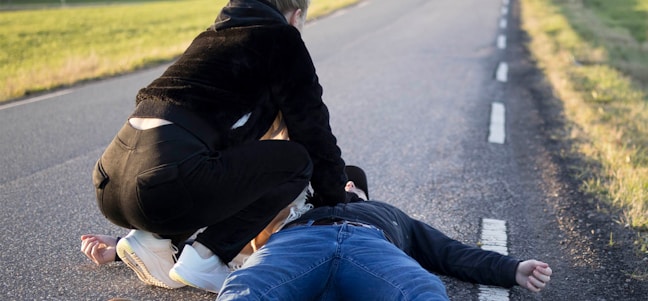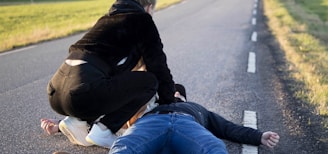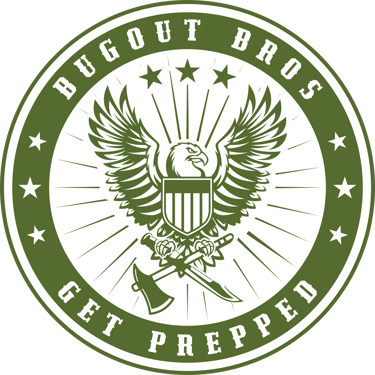Knowledge vs Skills
Hands on Training to Make the Difference
8/18/20233 min read


In uncertain times, having basic medical skills can help you and your loved ones in an emergency. Whether you're preparing for a natural disaster, prolonged power outage, or other crisis, learning first aid and other medical techniques is an important part of being ready. While it's ideal to get professional training, there are also many free resources available to help you gain valuable knowledge and abilities.
First aid is the obvious starting point. Knowing how to treat wounds, control bleeding, apply dressings and slings, and determine if someone needs advanced medical care can make all the difference. The American Red Cross offers free online first aid courses that allow you to learn at your own pace from any device. Their materials cover everything from burns and bites to fractures and seizures. Another great resource is StopTheBleed, a national initiative providing bleeding control training. Their website has videos and guides you can use to practice tourniquet application, wound packing, and more.
Beyond first aid, consider learning additional medical skills like how to take vital signs, do a head-to-toe assessment, or assist with childbirth. Courses and videos from places like Coursera, edX, and YouTube can teach you techniques. It's also wise to learn how to handle common health issues through first-responder training or wilderness medicine programs, many of which have free online components. Knowing CPR is crucial as well—the American Heart Association provides instructional videos on hands-only CPR that don't require certification.
Stocking a well-supplied medical kit is another key part of being prepared. But having the knowledge to use what's in your kit is just as important. Taking the time now to learn basic skills through free online resources can help give you the confidence to provide care for yourself and others when help may not be immediately available.
When it comes to learning basic medical skills, the American Red Cross is an excellent starting point. Their free online first aid courses cover a wide range of topics, including CPR, AED usage, and responding to emergencies. These courses are self-paced, allowing you to learn at your convenience. The Red Cross also offers a variety of mobile apps that provide step-by-step instructions for handling emergencies, making it easy to access information on the go.
For those looking to expand their medical knowledge beyond first aid, platforms like Coursera and edX offer a wide range of free online courses. These courses are taught by professionals in the field and cover topics such as emergency medicine, trauma care, and wilderness medicine. Additionally, YouTube is a treasure trove of instructional videos on various medical procedures and techniques. However, it's important to ensure that the sources you rely on are reputable and provide accurate information.
If you're interested in gaining more hands-on experience, consider looking for local first-responder training programs or wilderness medicine courses. Many of these programs have online components that provide foundational knowledge for free. While these courses may require a fee for practical training and certification, the online materials can still be a valuable resource for learning the basics.
In addition to learning these medical skills, it's crucial to have a well-stocked medical kit. A comprehensive medical kit should include items such as bandages, antiseptics, pain relievers, and medical instruments. However, having the knowledge to use these supplies effectively is equally important. Understanding how to clean and dress wounds, administer medications, and provide basic care can make a significant difference in an emergency situation.
By taking the time to learn basic medical skills through free online resources, you can gain the confidence and knowledge needed to provide care for yourself and others during times when professional help may not be readily available. Remember, medical preparedness is not just about having the right supplies—it's about having the skills to use them effectively.
In uncertain times, a little medical know-how can make a big difference. Whether you're a prepper or simply someone who wants to be prepared for emergencies, investing time in learning basic medical skills is a wise decision. With the abundance of free resources available online, there's no excuse not to equip yourself with the knowledge and abilities to handle medical emergencies. Start today, and empower yourself to be a capable and confident first responder in any crisis. Thanks for reading! Get Prepped!
